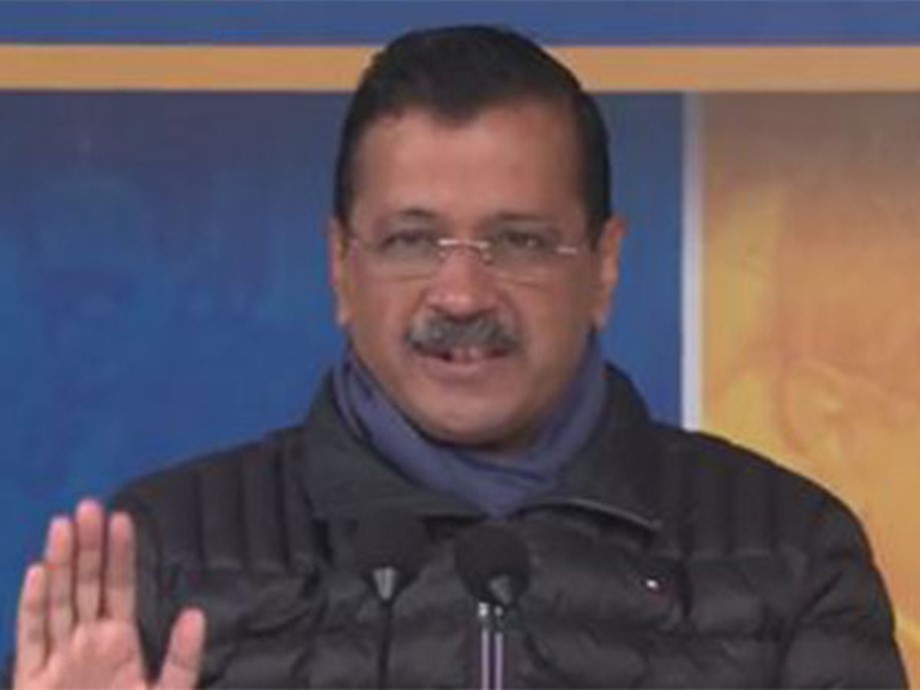Kejriwal Responds to Protesting Women, Upholds AAP’s Commitment to Punjab
Delhi Chief Minister and national convenor of the Aam Aadmi Party (AAP), Arvind Kejriwal, has refuted the claims made by protesting women, categorically stating that they are not from Punjab but are linked to rival political parties, specifically Congress and the Bharatiya Janata Party (BJP). Kejriwal expressed confidence that the true women of Punjab remain steadfast supporters of AAP and believe in the party’s promises and initiatives.
Call to Opposition Parties
In a bold move, Kejriwal extended a challenge to both the Congress and BJP, encouraging them to publicly announce their united stance against AAP in the upcoming Delhi elections. This challenge highlights the ongoing political rivalry and intensifies the electoral competition as parties vie for the support of Punjab’s electorate.
Women’s Concerns Over Promises
Despite Kejriwal’s strong defense, the protesting women have voiced discontent, accusing the AAP-led Punjab government of not honoring its commitment to provide financial assistance of Rs 1000 to every woman. This promise was a key element of AAP’s appeal to female voters, and the criticism poses a challenge to the party’s image among its female constituents.
Addressing Water Bill Issues
In his address to the media, Kejriwal reiterated AAP’s decade-long commitment to providing free water to the residents of Punjab, attributing the recent surge in water bills to interference from opposition parties. He urged those affected by what he termed unjust water charges to withhold their payments, assuring them that AAP would work to resolve these issues and offer refunds if they win the upcoming elections. This assurance aims to reinforce trust amongst his supporters, particularly women who have been pivotal in his party’s constituency.
As the political landscape heats up, the focus remains on the response of Punjab’s women voters and their influence on the upcoming elections. AAP’s ability to address their concerns and uphold its promises may determine the party’s future in the region.
(With inputs from agencies.)


